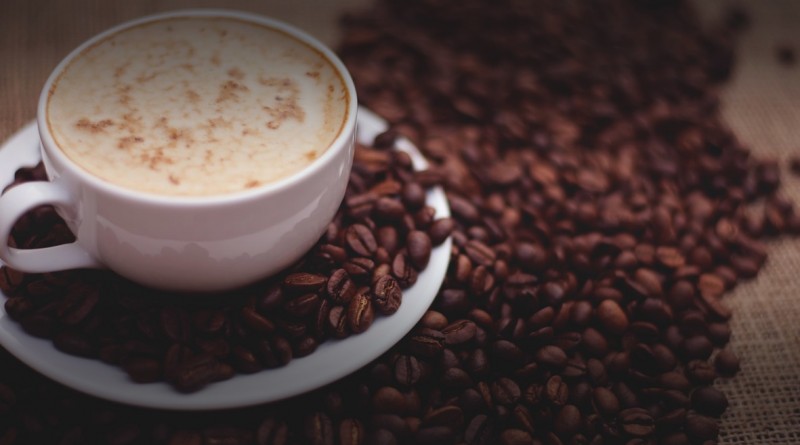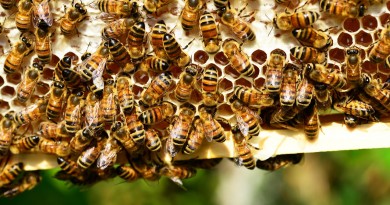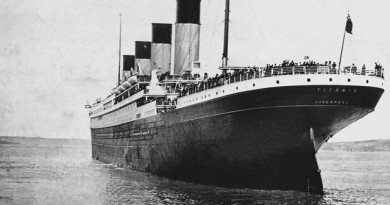How does caffeine work?
SHORT ANSWER
Caffeine blocks a sleep-promoting chemical and breaks into three molecules which stimulate your brain and body.
FULL STORY
Caffeine is similar in structure to adenosine, a natural chemical which aids the onset of sleep.
“Adenosine bonds to receptor cells in the brain to calm the activity of the central nervous system, thus triggering tiredness. There is also evidence to suggest that it decreases blood flow in the brain,” says Professor Andrew Smith of Cardiff University.
“Caffeine molecules bind to these receptor cells but have no active effect on the nervous system. However, by doing so they take the place of adenosine molecules that could make a difference.”
He says blocking adenosine in this way “effectively delays the onset of fatigue, increases alertness and improves people’s ability to sustain attention”.
As one writer puts it, caffeine acts like a nightclub bouncer: “It blocks the door, keeping the tired molecules out while the more stimulating molecules party on.”
But, the writer adds, the adenosine builds up and – once the caffeine wears off – this “leaves you feeling even groggier than you felt before”.
According to the American Chemical Society, caffeine also increases the activity of neurotransmitters like dopamine, leading to “heightened brain activity”.
It says caffeine also breaks into three different molecules, each of which has a different effect:
- Theobromine “increases oxygen and nutrient flow to the brain”
- Paraxanthine “enhances your body’s athletic performance by increasing the rate of fat breakdown to fuel activity”
- Theophylline “increases your heart rate and reinforces your ability to concentrate”
Too much caffeine can have negative effects ranging from irritability and headaches to… er… death. Caffeine becomes toxic at about 10g, so don’t drink 75 cups of coffee in a day!
Caffeine might also meddle with your body clock. When drunk in the evening, it might delay circadian rhythms by more than half an hour, and the effect might continue the next day even if you take no more caffeine.
Finally, a quick note on something caffeine doesn’t do: The US Food and Drug Administration points out that – contrary to various movie scenes when drunk people are encouraged to drink coffee – caffeine “doesn’t make a drunk person sober or fit to drive”.




